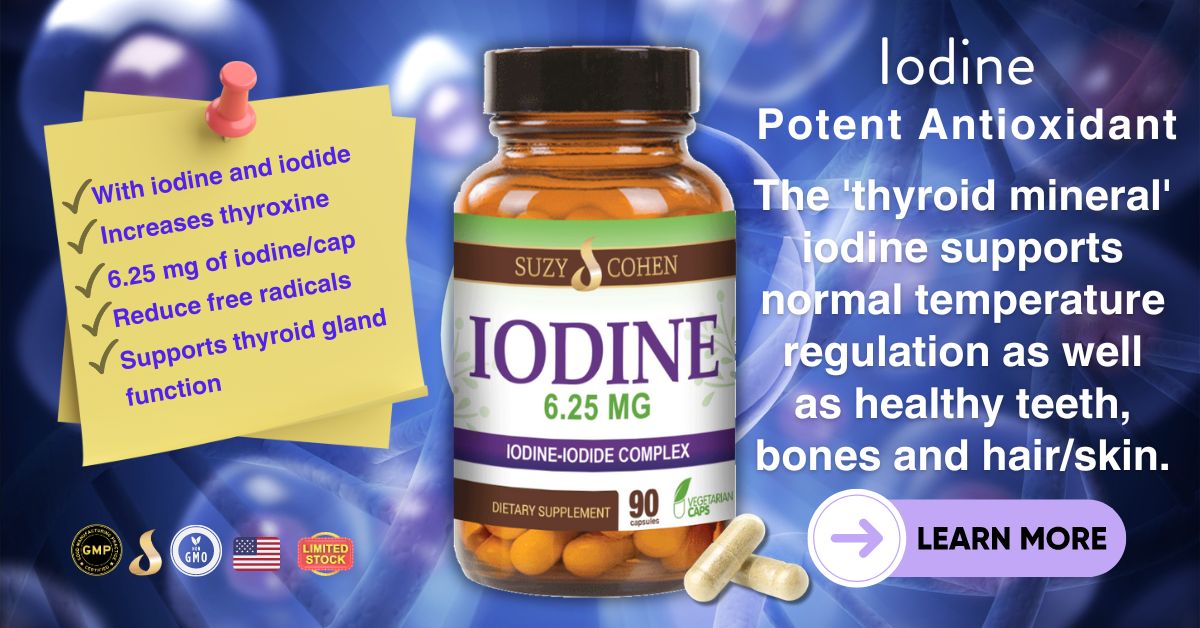What's On This Page?
ToggleMethylation & Your Telomeres:
Do you ever wonder why some people are blessed with long lives compared to others? Without going into numerous philosophical, sociological and spiritual questions, there is a very interesting part of your body that provides insight into longevity. It’s called a telomere. Research suggest these telomeres which cap the end of our DNA impact how fast we age.
Think of telomeres like the plastic tip on the end of shoe strings. For you trivia buffs, the tip of the shoestring is called an “aglet.” I learned that this year, at 50 years old, lol! So think of the shoes strings as strands of DNA with all your chromosomes. Each time your cell divides, a little bit of the telomere cap is lost. Over time, your telomere shortens. It’s supposed to, that is completely normal.
Your cells divide a fixed number of times before dying. If your telomeres are healthy and long to begin with, the strand of chromosomes is protected through each cell division. Once cell division has maxed out its number of times to divide, and the telomere length runs out, then cell health breaks down and problems occur. This is known as the Hayflick Phenomenon which refers to the number of times a cell divides until it dies. It correlates with lifespan, and telomeres play an important role.
Researchers have been studying these telomeres for some time and they have known that critically short telomeres cause chromosome instability. Recent research sheds additional insight. Long damaged and dysfunctional telomeres also cause chromosome instability that eventually leads to cell death.
If you have a sick cell that really needs to go, let it go!
The fascinating practical piece of information for you and I, is how scientists just discovered that critical nutrients are needed for healthy telomeres. In cell studies, researchers found dysfunctional short and long telomeres more frequently in cells with insufficient folate and thus, reduced methylation.
In this particular study, the lack of folate damaged the telomere cap; they were frayed and ‘beat up’ leaving an open door to the chromosomal material. Now remember, without healthy telomeres, your DNA gets damaged. Before leaving folate, and moving on to B12, I want to make one more comment. Folate is the natural form of the B vitamin you think of when you hear “folic acid.”

But folate and “folic acid” are not exactly the same. The folate form is critical for methylation, the folic acid form might hinder methylation. That comes as a shock to many people, and if you’d like to understand the difference between these 2 B vitamins, and which one is synthetic (avoid), then read my article, Genes, Methylation and Your Health.
Human studies have confirmed that Vitamin B12 is also required for healthy telomeres. A recent study published in the European Journal of Nutrition studied telomeres from 60 elderly people. They compared supplement intake with vitamin B6, B12, folate, calcium, and vitamin D (versus just vitamin D and calcium). Then they measured homocysteine levels. After a year, they found that individuals who had elevated homocysteine and reduced B vitamin intake, had reduced methylation and shorter telomeres. This group was literally aging faster.
There are very expensive supplements designed to support telomere health, but I never recommend them. I just haven’t seen credible enough studies on them to justify the small mortgage of a price. So I suggest two natural B vitamins (B9 and B12) to improve detoxification. You can get them from eating a salad every day! You can also supplement, start low and go slow noting reactions or improvement. Eating is ideal though, as you can’t get any harmful side effects of nutrients that way.
If you would like to see the methylation pathway, I have an image of it HERE, (you will need to click on the little image on the right side of the webpage to enlarge it). The methylation pathway is included on my brand new “Keyring Pathways” which is a resource for health care practitioners (and gene-savvy consumers) covering 13 pathways in total. It is about Medication-Induced SNPs and how 100s of drugs block your pathways by inhibiting cofactors.
Feel free to leave your comments below regarding this article or telomeres. Please help each other. That is why I keep this forum open. I will pop in from time to time and answer a few of your general questions. I hope you liked today’s article 🙂

Suzy Cohen, has been a licensed pharmacist for over 30 years and believes the best approach to chronic illness is a combination of natural medicine and conventional. She founded her own dietary supplement company specializing in custom-formulas, some of which have patents. With a special focus on functional medicine, thyroid health and drug nutrient depletion, Suzy is the author of several related books including Thyroid Healthy, Drug Muggers, Diabetes Without Drugs, and a nationally syndicated column.

